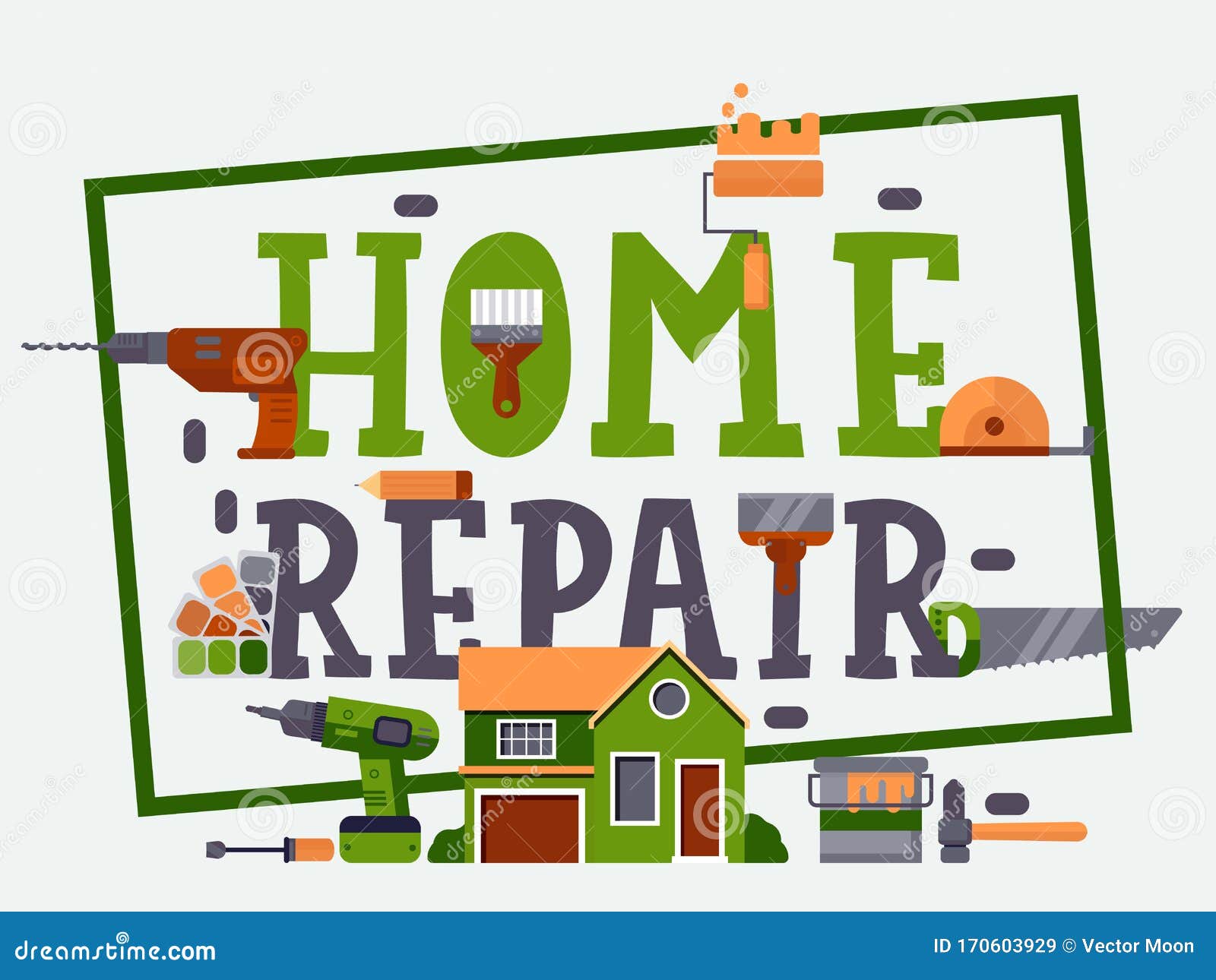Exploring the Influence of Desk Placement on Productivity and Mood
In today's fast-paced work environment, where productivity and employee satisfaction are paramount, the arrangement of your workspace can have surprisingly profound effects. One key aspect often overlooked is desk placement. This blog post delves into how the strategic positioning of your desk can influence your productivity, mood, and overall mental well-being at work.
The Psychology Behind Desk Placement
Before we dive into specific placements, it's essential to understand the psychological principles at play. According to Feng Shui and ergonomic studies, the environment around us directly impacts our energy levels, cognitive function, and emotional state. Here’s how:
- Field of Vision: What you see the moment you look up from your desk influences your perception of control and focus. Seeing the door allows for subconscious control over your environment, reducing stress.
- Natural Light: Exposure to natural light boosts Vitamin D, serotonin, and mood. Lack thereof can lead to lethargy and depressive symptoms.
- Clutter and Clear Space: A cluttered space can clutter your mind, leading to decreased productivity. Conversely, a clear, organized space promotes clarity of thought.
- Personal Territory: Having personal space fosters a sense of privacy and ownership, which can enhance creative thinking.
Strategic Desk Placements for Enhanced Productivity
1. Command Position
This is a popular Feng Shui principle where positioning your desk diagonally opposite from the door places the user in a spot where they can see everything approaching. Known as the 'power position', it makes one feel safer and more in control, thereby boosting focus and reducing the likelihood of getting startled, which can disrupt workflow.
2. Corner Office Advantage
If possible, placing your desk in a corner with windows can be advantageous. This setup not only provides abundant natural light but also gives a psychological 'clean slate' feeling, minimizing distractions from behind. The dual vantage point of an expansive view outside, coupled with an open door, gives a powerful sense of control over one's space.
3. The Collaborative Corner
Positioning desks in such a way that teams can easily interact without leaving their personal spaces fosters spontaneous communication and collaboration. This can be particularly beneficial in creative industries where brainstorming and quick problem-solving are critical. However, a balance must be struck to ensure personal space isn't infringed upon, which could lead to increased stress or tension.
4. Ergonomics and The Wall-Backer
Placing your desk against a wall, with your back to it, can minimize distractions from behind, allowing you to focus better on the task at hand. Ergonomically, this position also means you can adjust your screen and chair for optimum viewing angles and posture, reducing physical strain.
The Impact on Mood and Morale
How you feel while working significantly affects your productivity. Here's how different desk placements can impact your mood:
- **Personal Space:** A desk setup that acknowledges personal space can lead to a sense of ownership and control, significantly uplifting one's mood.
- **Visual Stimulation:** Exposure to nature, whether it's through windows or plants, has been shown to decrease stress levels, boost mood, and improve focus. Thus, placing your desk near a window or greenery can be immensely beneficial.
- **Social Connection:** While personal space is essential, complete isolation can be detrimental. Strategic placement to encourage light social interactions can foster a sense of community and belonging, enhancing morale.
Practical Considerations for Desk Placement
When arranging your desk, consider:
- Space Utilization: Ensure your desk doesn't block pathways, and there's room for movement.
- Noise Levels: Desks located away from high noise areas can help maintain concentration.
- Visual Appeal: A pleasing view or art can lift your mood. If you're stuck with an inward-facing desk, consider adding personal elements like plants or pictures.
- Office Culture: Some office environments encourage an open layout, whereas others might benefit from more private setups. Understand your office's culture before making permanent changes.
Conclusion: Tailoring Your Workspace
The placement of your desk within your office space isn't just a matter of aesthetics; it's a strategic decision that influences your cognitive and emotional state daily. While no one-size-fits-all solution exists, understanding the principles discussed can help you tailor your workspace to enhance productivity, boost morale, and promote mental health. By considering both the psychological impacts and the practical aspects of desk placement, you can create an environment that not only looks good but also works well for your personal and professional needs.
If you're looking to revamp your office or just your personal workspace, remember that small changes in desk placement can yield significant improvements in mood and productivity. Experiment with these ideas, listen to your body's feedback, and adjust accordingly. After all, our workspaces are our second homes; they should nurture our productivity, creativity, and well-being.


